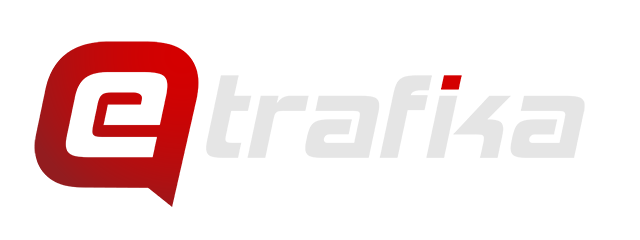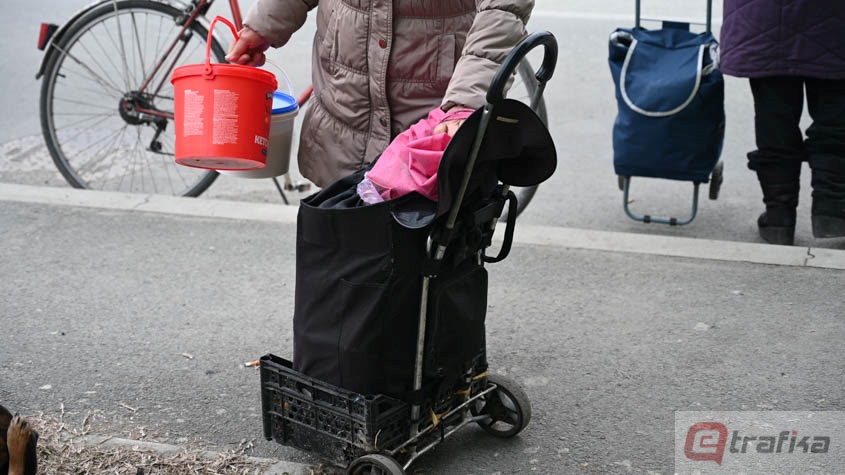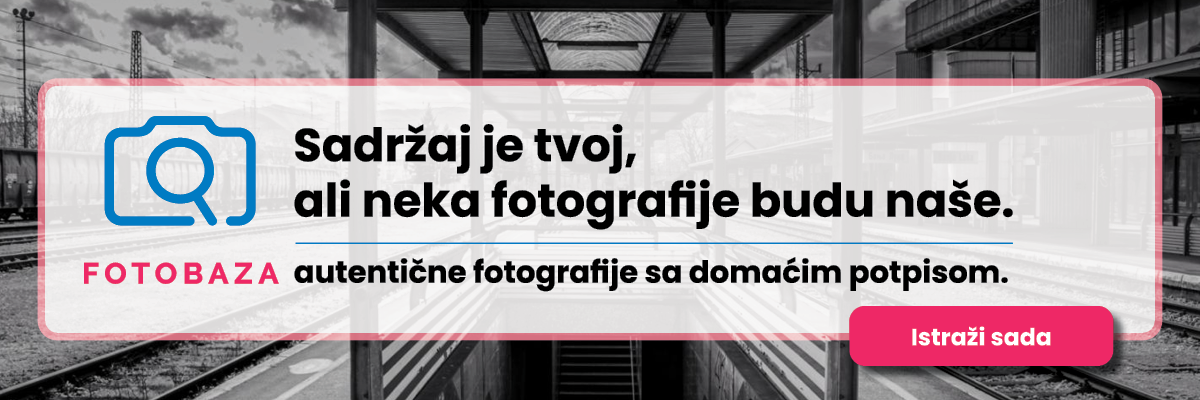Children growing up in poverty face many problems like labelling and rejection by their peers. Their social position is even more difficult if they come from Roma families, which adds social exclusion and discrimination to the already poor condition.
Written by: Vanja Stokić; Photo & Video: Ajdin Kamber
Miroslav Subašić from Banja Luka is known as the founder of the charity named “Mozaik prijateljstva” (Mosaic of Friendship). Their soup kitchen serves several hundreds of people every day. Much like the people he helps today, Miroslav lived in poverty in the past. Poverty marked his childhood.
“Everything was OK while we were kids and played together. We were little; we played on the playground and didn’t go to school. We neither felt nor understood poverty so much. We even felt fine. But when primary school started, the first class and onwards… It’s very, very difficult to be poor. Very difficult. It's because, among other things, one doesn't have the inner strength to fight against it. It’s an obvious problem in society. I experienced some very, very difficult things through poverty”, he says.
He believes he was stigmatized. He often asked himself why he was born anyway and why some people were rich and some weren't. One of the things that were engraved in his memory was distributing snacks in primary school. It was an opportunity for him to eat something that was otherwise unavailable.
“My favourite duty was to be a classroom monitor. The monitor goes to pick up the snacks. After that, the monitor gives each student their snacks. The monitor is somehow significant. On the other hand, whenever rich children refused to eat it, that gave me a chance to grab a bun I couldn’t get otherwise. The rich children refused to eat salami, pâté or honey. Everything we used to get in school as a snack. Or marmalade or something like that. I knew that, somehow, I would get all this stuff. On the one hand, I was glad. I used to take all the salami home. But it was extremely difficult for me as I was poor and different from the others”, he remembers.
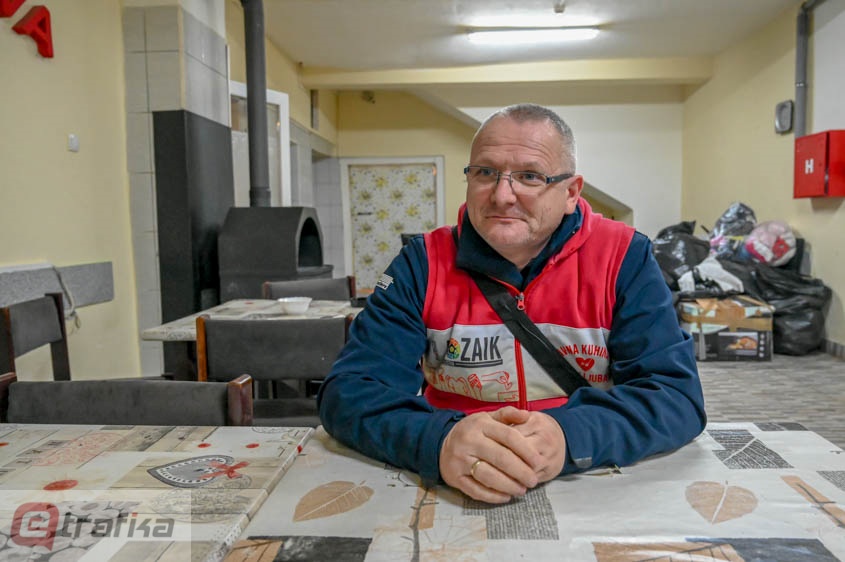
Today, he does not like to remember his primary school. He neither attends class reunions nor likes to pass by the very school building.
“That brings me back to the hardest days of my life”, he says briefly.
Believing that this would help him acquire social status, Miroslav turned to vices when he was 12. He started smoking and drinking.
“I didn't like it. But it gave me importance. I became noticed. I became popular. My school teacher told me at the beginning of the fifth or sixth class: “You’re dumb and you’ll never get clever. Never. You’re just wasting my time coming to school”. What would’ve happened to my life if he’d been far better?”, wonders Miroslav.
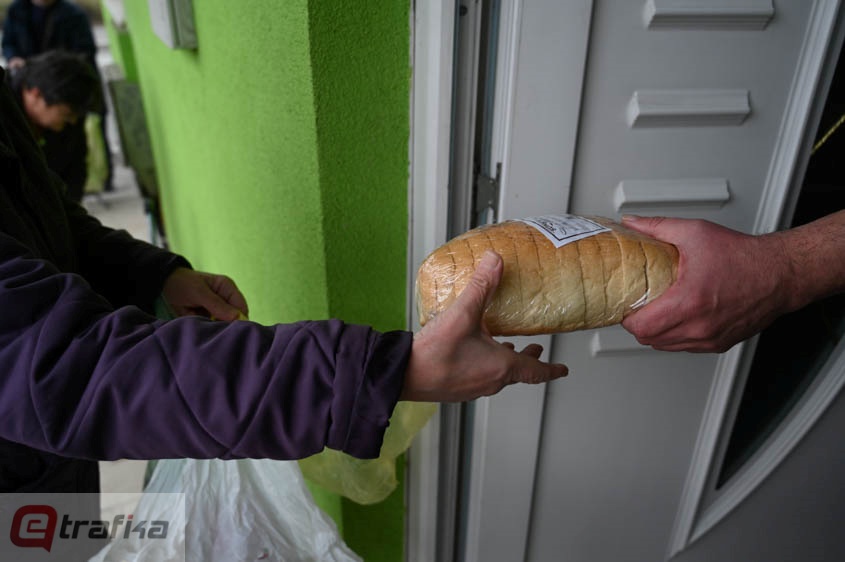
The association “Zemlja djece” (The Land of Children) works with children coming from socially vulnerable categories. They point out that poverty is accompanied by social exclusion and discrimination. Most children growing up in such conditions are withdrawn and bear an inferiority complex. They feel not unaccepted and rejected, which significantly affects their further development.
“The influence of the environment on children coming from poor families is different. Poor non-Roma children are perceived differently from poor children of the Roma population. There are two groups of citizens. Those who take action and feel pity. It is easier to work with such a group of citizens because they express empathy through the pity they feel. Where is empathy, there’s also help and support. The other group are the citizens whose reaction to these children is rejecting and not allowing them to be a part of their social system”, explains Medina Gračić of the “Land of Children in BiH”.
Compared with the children from the majority population, the Roma children are in a far more difficult position. Besides poverty, they face prejudice, rejection and discrimination. These children often do not have an opportunity to reach a support system.
“As for the task of institutions in combat against poverty, the Law on Social Protection and Social Policy is clearly defined. Every social policy law should define social exclusion as a problem that should be approached from a multidisciplinary aspect. Some of the steps referred to by the law are the inclusion of persons in the labour market. There are many unemployed Roma families, primarily fathers, as mothers mostly stay home with their children. We believe it would be an appropriate solution to include and empower such persons to be active in the labour market. That will enable them to make a living in the future”, says Medina Gračić.
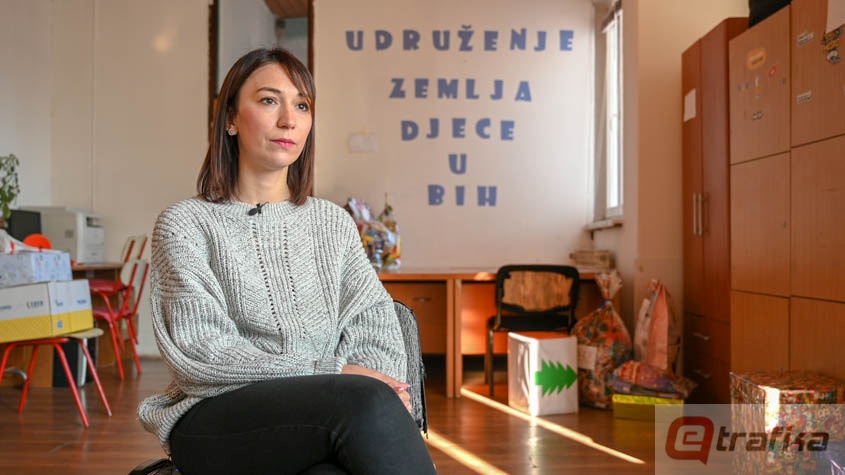
To win poverty, children need education. According to information from this Association, this year, the highest number of Roma girls has been enrolled in secondary schools in Tuzla than ever before.
“Our most considerable efforts are made to stimulate and keep them in school because real education is the only way to break out of a vicious circle and become active in the labour market. In this respect, we had severe disagreements with parents, especially fathers, because it was too difficult for them to accept that fact. For example, some girls live 15 km far from Tuzla. The very fact that they would travel 15 km to school in Tuzla made their fathers suspect they could leave them. However, in principle, they fear that their daughters may get empowered. That they will become confident and say: Look, I don’t want this any more. I know that I can and want more”, she points out.
There are recommendations and conventions on protecting children’s rights, but information about those can hardly get to users. Even when they do, there are many obstacles to gaining their rights.
“European Commission has issued recommendations that children who live in poverty should have equal opportunities. In this respect, we also rely on the UN Convention on the Rights of the Child. We strive to convey this information to users that need them. The users face many bureaucratic issues. Such as obtaining documents, transport and travel costs. For instance, travel costs from Kiseljak to Tuzla are BAM 10. It is difficult for them to pay for it. There is a communication problem and parents refuse to cooperate”, explains Medina.
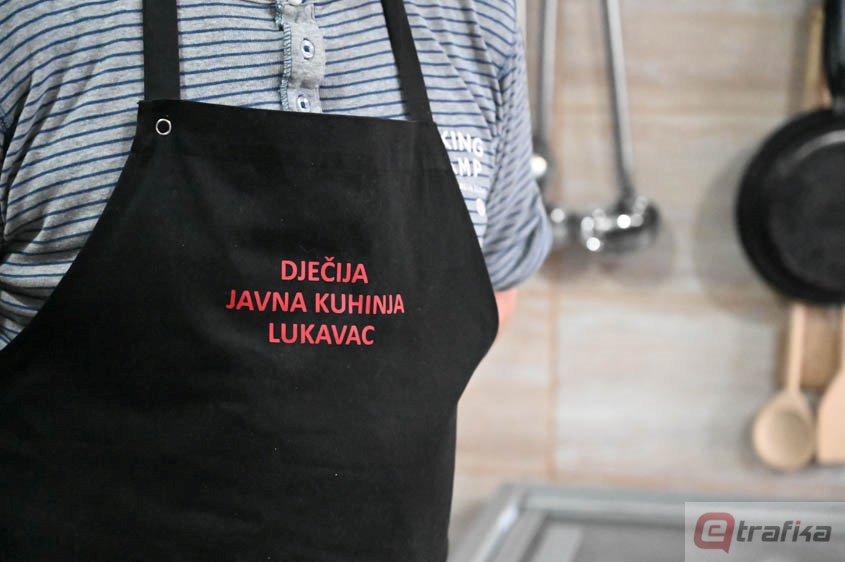
Not far away from Tuzla, in the Lukvac municipality, the Child Soup Kitchen has been active for seven years now. It is run by the Association of Altruists, and its name aimed to draw attention to hungry children from our neighbourhood.
Here, it is parents who come to get the meal rather than the children. Of course, there are also users without children because hunger and humanness are not limited by age.
“In the beginning, questions were asked why a soup kitchen for children? Why not just a soup kitchen like other ones? Generally, our goal was to prove to people and our government that there are hungry children. We operate as any other soup kitchen. However, we focused on a soup kitchen for children as we wanted to show that there are hungry children”, explains Selma Zukić of the Association of Altruists.
There are 360 registered users of the soup kitchen. Of those, almost 190 are children.
“We don’t have any other choice but to cook what we have that day”, says she.
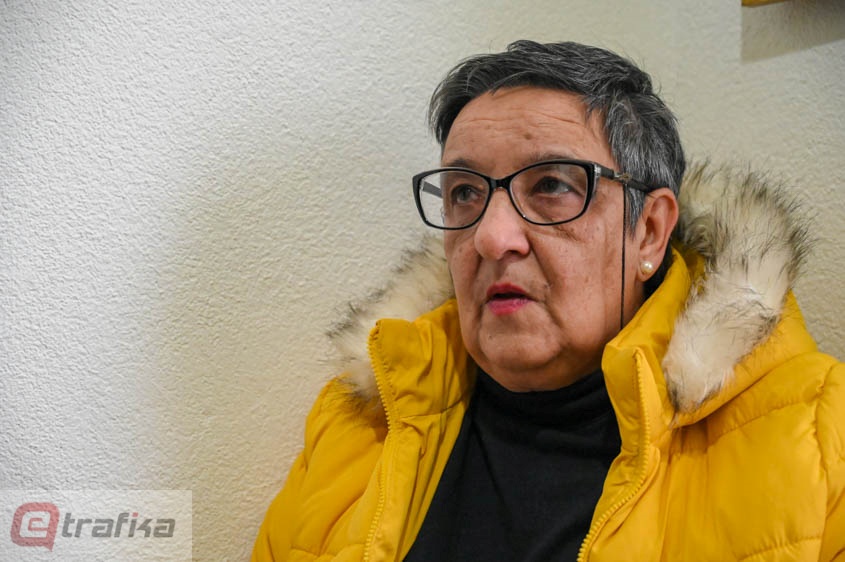
The Association depends on donations. They give their users what they get from citizens, companies and institutions. They often get sweets because people believe it will make children most happy. However, foodstuff for cooking meals is the most necessary.
That is very nice as children love sweets. But, trust me, this is a luxury for us. It’s better to give a kid a decent meal than a chocolate bar. “It would be best for us to become budget users and be regularly funded and safe. We could pay our overheads. We could buy cooking gas. We could buy fuel. The most essential things”, Selma Zukić points out.
Their biggest problem is buying bread. They need to give more than 300 loaves of bread every day.

